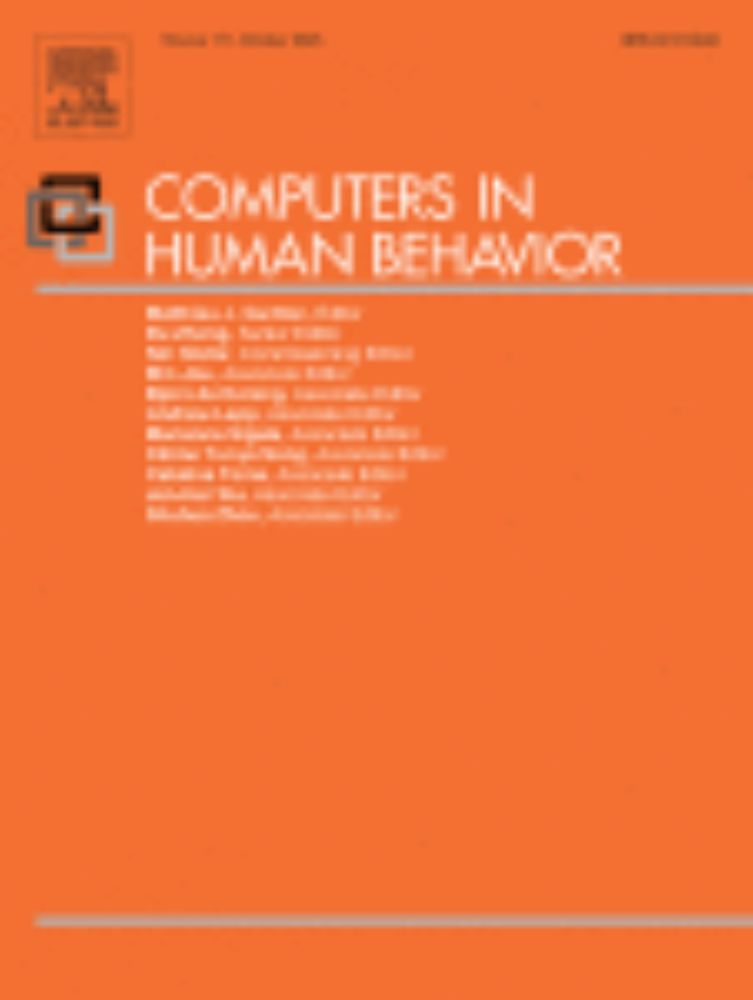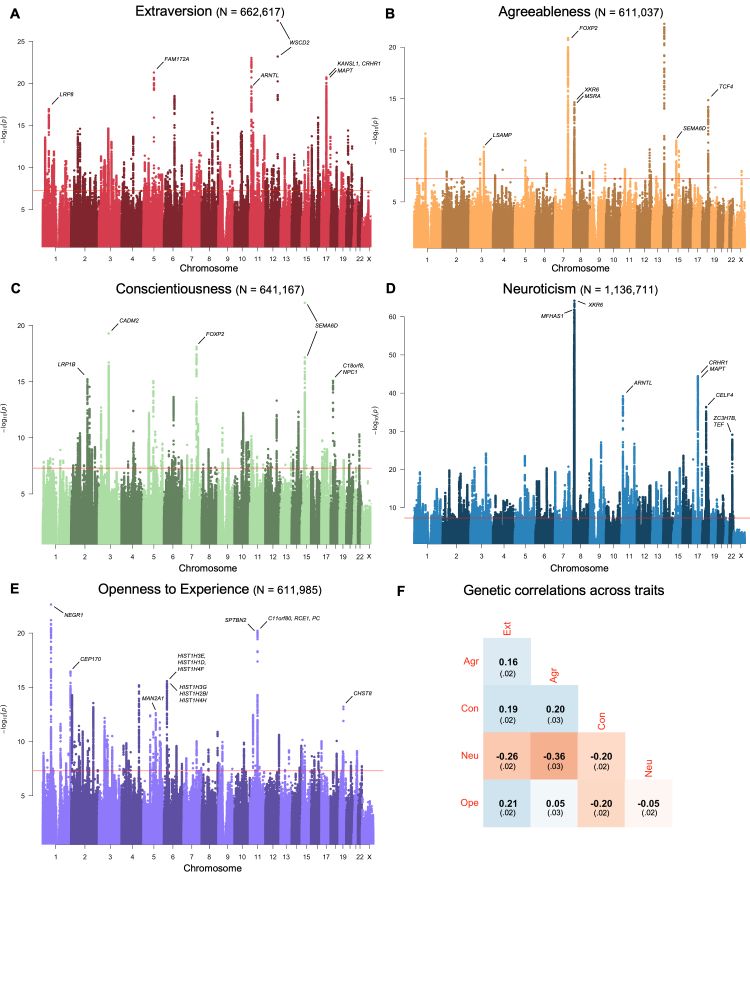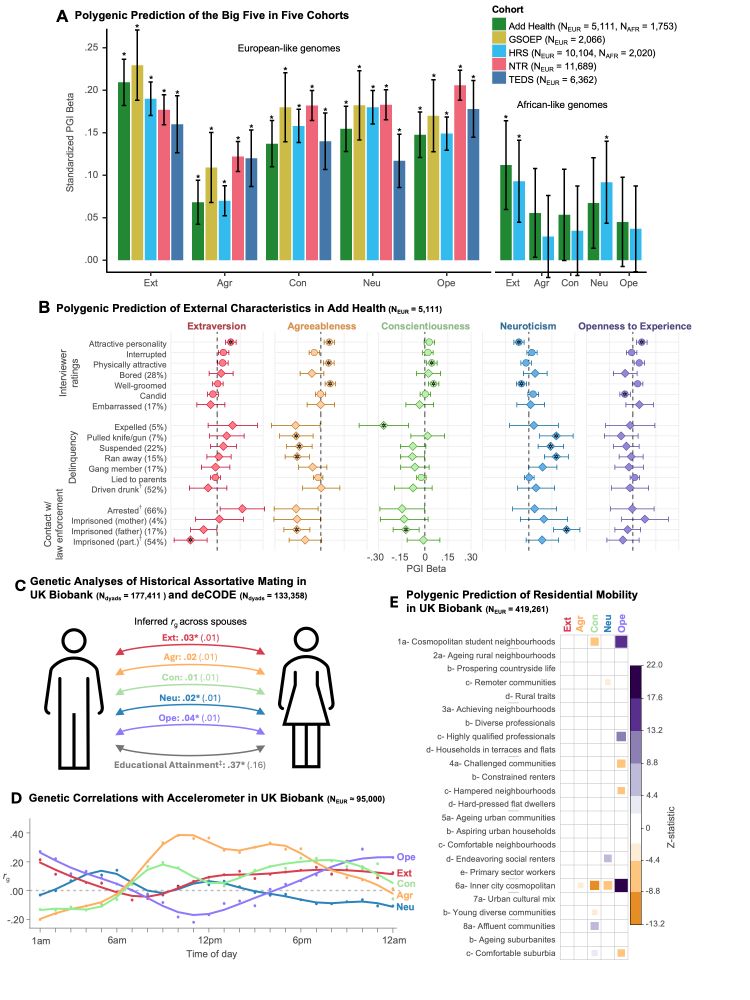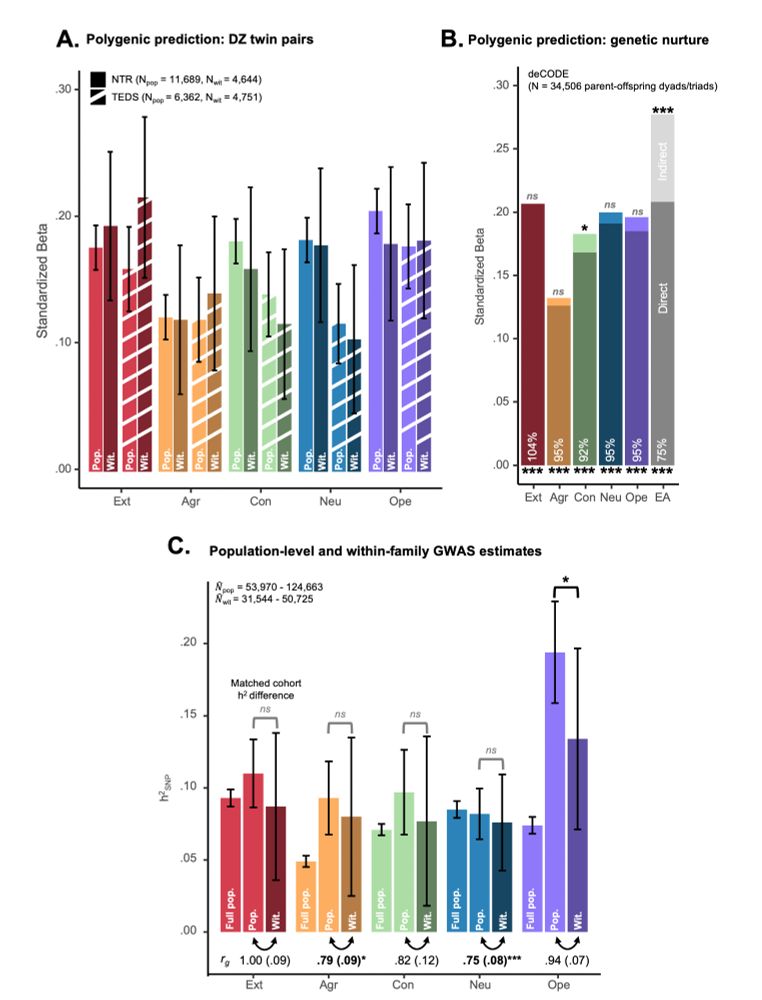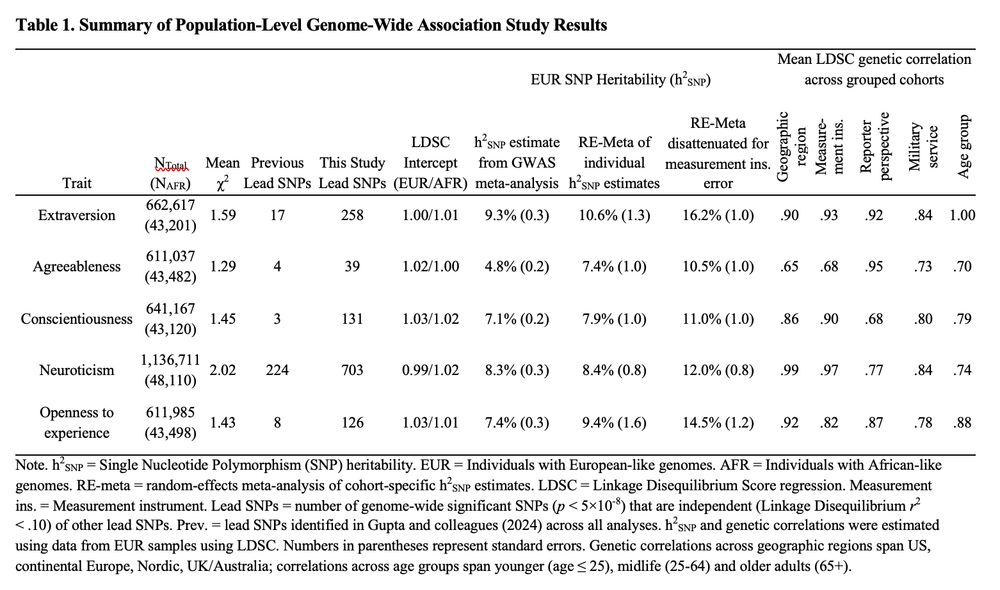Anabel Büchner
@anabelbuechner.bsky.social
290 followers
210 following
13 posts
PhD student at HU Berlin | Interested in personality dynamics, assessment & open science | https://www.psychology.hu-berlin.de/en/personnel/91680977
Posts
Media
Videos
Starter Packs
Reposted by Anabel Büchner
Reposted by Anabel Büchner
Reposted by Anabel Büchner
Reposted by Anabel Büchner
Niclas Kuper
@niclaskuper.bsky.social
· Sep 3

(PDF) Cultural differences in the personality triad: The interplay of personality traits, situation characteristics, and behavioral states around the world
PDF | Understanding the interplay of persons, situations, and behavior (the Personality Triad) is a key task of psychology. However, previous research... | Find, read and cite all the research you nee...
www.researchgate.net
Reposted by Anabel Büchner
Niclas Kuper
@niclaskuper.bsky.social
· Aug 14
Reposted by Anabel Büchner
Katie Corker
@katiecorker.bsky.social
· Aug 21
Reposted by Anabel Büchner
Reposted by Anabel Büchner
JK Flake
@jkflake.bsky.social
· Jul 18
<em>AMPPS</em> Call for Papers on Replicability and Reproducibility in Methodological Research
Methodological reform has shaped the last decade of psychological research. Researchers have undertaken replication studies, journals and funders have emphasized registration and data sharing, and aut...
www.psychologicalscience.org
Reposted by Anabel Büchner
Michael D. Krämer
@mdkraemer.bsky.social
· Jun 16
Reposted by Anabel Büchner
PsyArXivBot
@psyarxivbot.bsky.social
· Jun 2
Reposted by Anabel Büchner
Reposted by Anabel Büchner
Reposted by Anabel Büchner
simine vazire
@simine.com
· May 8


